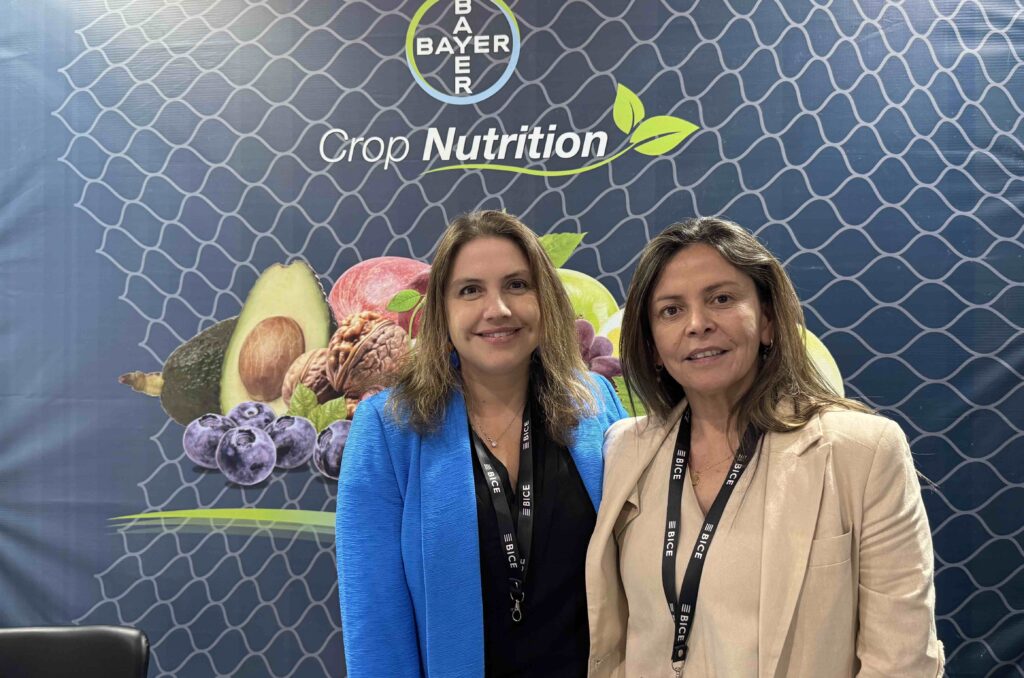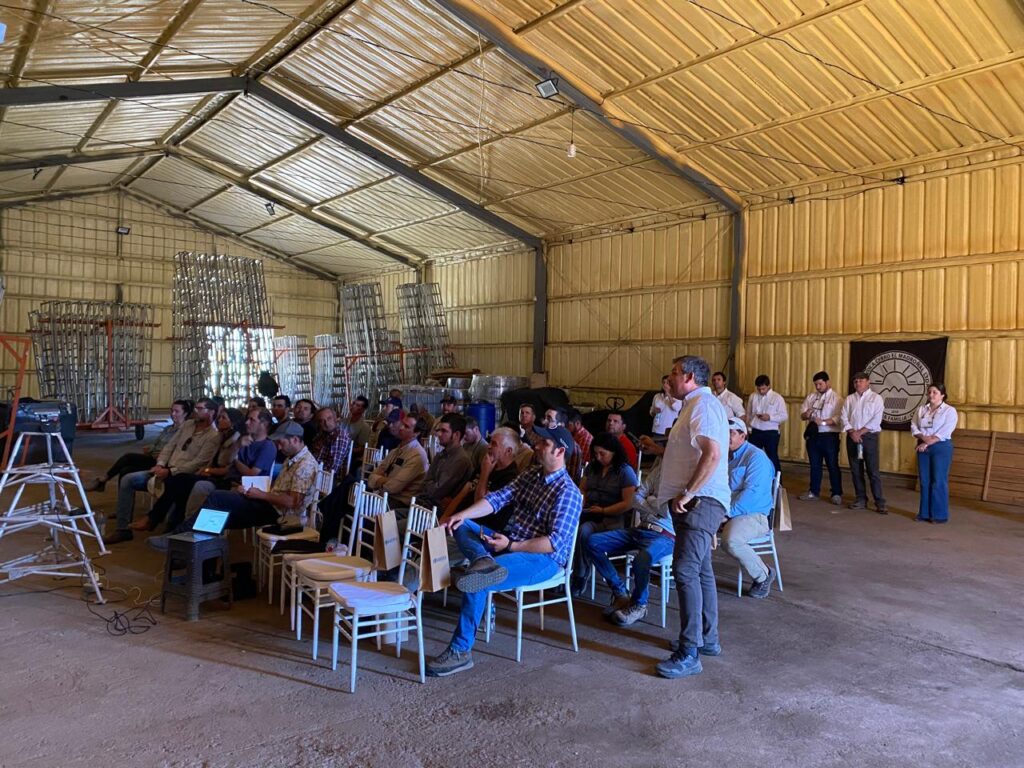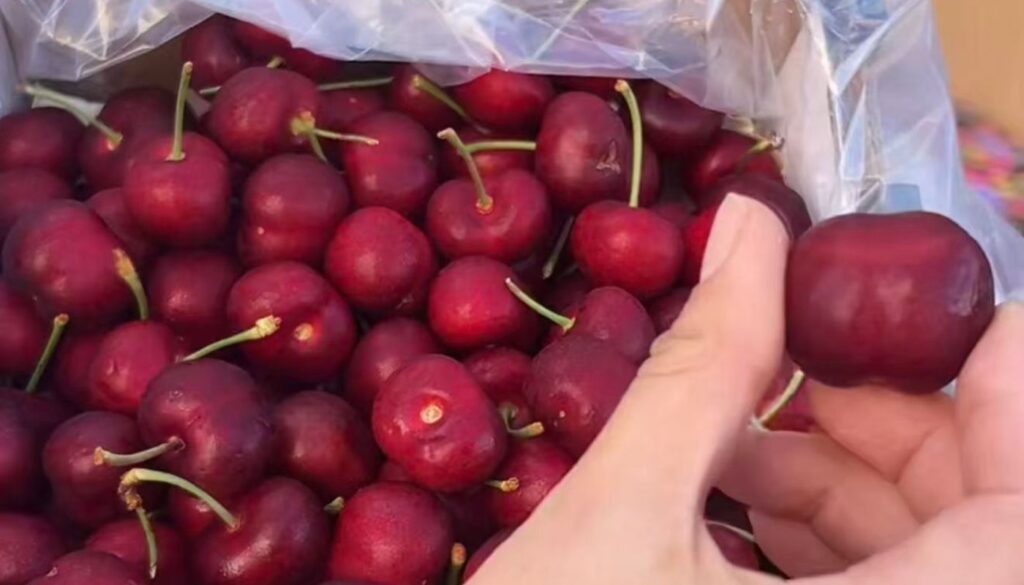For several weeks now, Chinese authorities have relaxed the strict health measures that have been in force since the start of the pandemic, going so far as to eliminate the travel code, which, together with other important announcements, will have a positive impact on fruit import logistics in ports and wholesale markets.

The “travel code” is a software developed by the China Academy of Information and Communications Technology to determine whether there were confirmed cases of COVID-19 in and around the places users traveled to in the past 14 days based on cell phone signals. This was part of the strict measures that had to be followed in China until the authorities announced the end of this code during week 50.
The Ministry of Culture and Tourism has also relaxed travel restrictions. A new guideline was published last Friday stating that travellers are no longer required to show negative PCR tests or their health codes and that they should no longer be tested after arriving at their destinations.
In addition, people visiting entertainment venues such as internet cafes and theatres are also not required to show their health codes or present negative tests.
In contrast, tourist sites and entertainment venues should improve their management and prepare sufficient protective equipment and disinfection supplies. Travelers are also encouraged to take care of their health, including wearing masks, washing hands and eating healthy.
The removal of the travel code is great news for domestic logistics, as it will facilitate interprovincial travel and the movement of imported goods through eastern ports.
from China.
Is China's full opening close?
This week, Li Yimin, Secretary of the Communist Party Committee and chief physician of the Department of Critical Care Medicine at the First Affiliated Hospital of Guangzhou Medical University, pointed out that the proportion of severe cases caused by the coronavirus is not large and is mainly manifested in the aggravation of underlying diseases.
Zhong Nanshan, a respiratory disease scientist, said the peak of the first wave of infections in Guangzhou is expected to occur from mid-January to mid-February next year, and stabilize in mid- or early March. He is optimistic that people will be able to return to normal, pre-COVID-19 life in the first half of next year.
According to their estimates, the Omicron variant has less than 1% risk of causing severe disease. And Omicron’s infection fatality rate is less than 0.1%. 1 At a high-level economic policy conference this week, it was stated that the focus now is on protecting the elderly and vulnerable from severe infection. “The virus has become weaker and we have become stronger,” the state news agency said.
These statements are a tacit acknowledgement of a shift in the country towards living with the virus.
Meanwhile, the China Academy of Tourism, a research institution affiliated with the Ministry of Culture and Tourism, expects China's inbound travel market to plummet in 2022 before witnessing a notable recovery next year as the country is likely to further relax quarantine rules and add more international flights, according to a recently released report.
On the other hand, Hong Kong Region Chief Executive John Lee Ka-chiu said on Thursday that Hong Kong and the mainland may begin quarantine-free travel next year. These changes may start with increasing the daily entry quotas for people from Hong Kong to the mainland. The past two weeks saw these quotas increased by 1,500 people per day, with 2,500 entries now permitted each day.
Macau has also announced adjustments to its quarantine policies, requiring only five days of home quarantine, instead of the previous five days in a hotel plus three days at home (plus three additional days for people entering mainland China from Macau).
There have been rumors throughout the country that hint at the opening to international travel, which would take place on January 9. In this regard, consultations were made among the local ProChile teams and other people related to the fruit industry, who indicated to our correspondents in the Asian country that there has not yet been any official communication about this possible measure.
In any case, the current relaxation of Covid-19 measures is great news for the 2022-23 cherry campaign, as the logistics of importing fruit and transporting it to markets, retail, etc. have been streamlined, allowing shipments to be cleared through customs and made available to buyers in a very short period of time.










